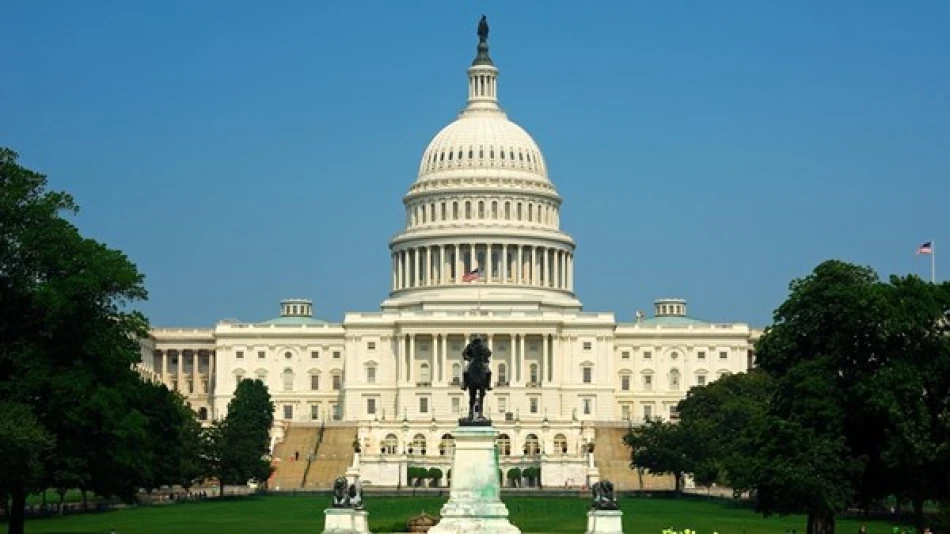
U.S. Government Partially Shuts Down Operations Amid Budgetary Impasse
The U.S. government shut down most operations Wednesday as deep partisan divisions prevented Congress and the White House from reaching a funding agreement. This marks the 15th government shutdown since 1981, with no clear path out of the deadlock that could cost taxpayers $400 million per day and leave hundreds of thousands of federal workers without pay.
The shutdown affects 750,000 federal employees who will be furloughed without wages. Military personnel will continue working but won't receive their paychecks during the closure. The timing couldn't be worse for workers already dealing with inflation and economic uncertainty.
Here's what Americans can expect: The closely watched September jobs report will be delayed, potentially leaving investors and policymakers without crucial economic data. Air travel will slow down as federal aviation staff face reduced operations. Scientific research projects will pause, potentially setting back important studies and clinical trials.
Government shutdowns have become a recurring political tool since the 1980s, but each one carries real economic costs. The 2018-2019 shutdown lasted 35 days and cost the economy an estimated $11 billion, according to the Congressional Budget Office. Even short shutdowns create ripple effects that extend beyond government operations.
For financial markets, shutdowns typically create short-term volatility but rarely cause lasting damage unless they drag on for weeks. The bigger concern is what this says about America's ability to govern and meet its basic obligations. Credit rating agencies have previously cited political dysfunction as a factor in debt assessments.
The current impasse reflects the same budget battles that have plagued Washington for years. Neither party appears willing to compromise, and with no clear exit strategy, this shutdown could stretch longer than previous ones. Federal agencies are already warning employees to prepare for an extended closure.
The human cost goes beyond statistics. Federal workers face the stress of unpaid bills and uncertain timelines, while Americans depending on government services may find offices closed and applications delayed.
Most Viewed News

 Layla Al Mansoori
Layla Al Mansoori






